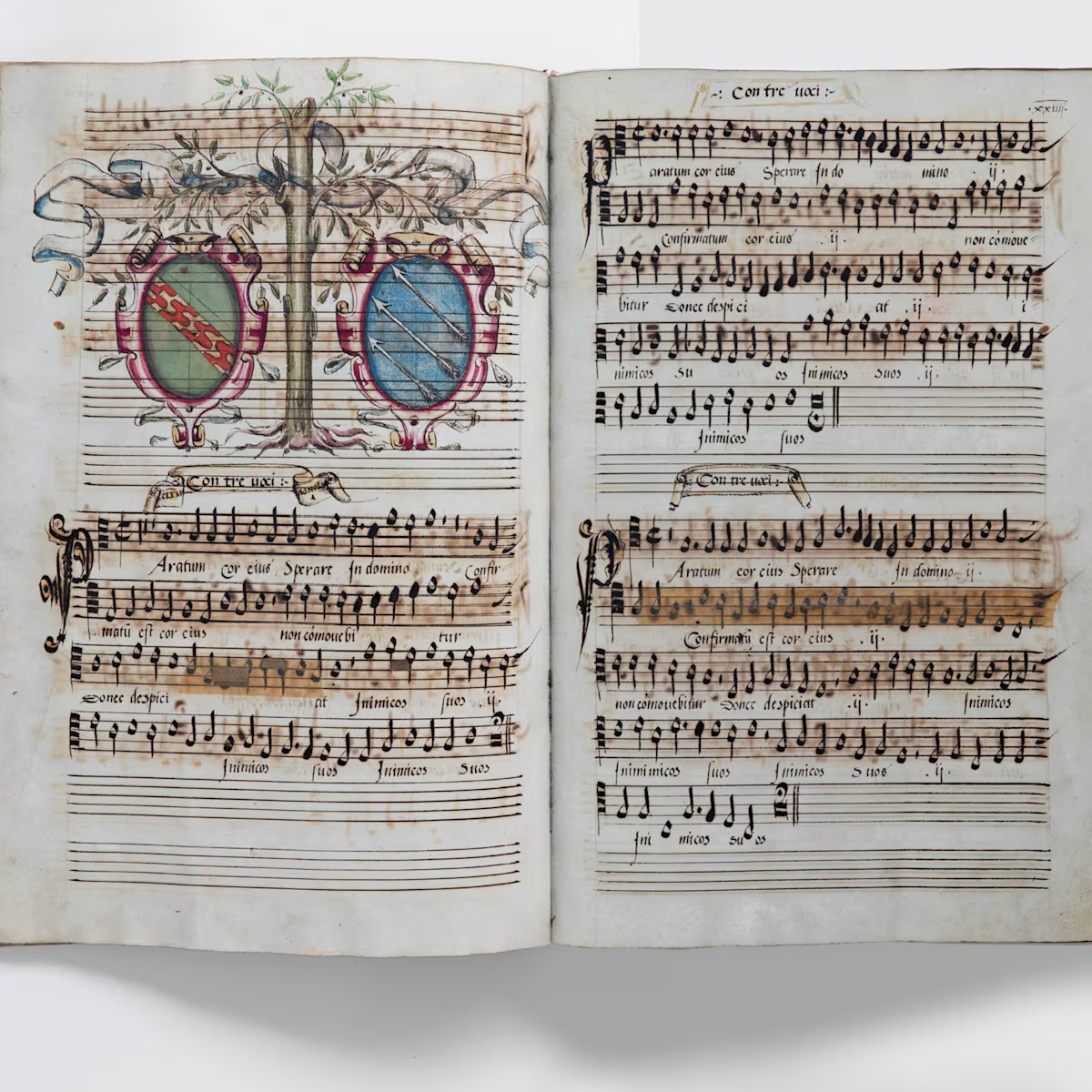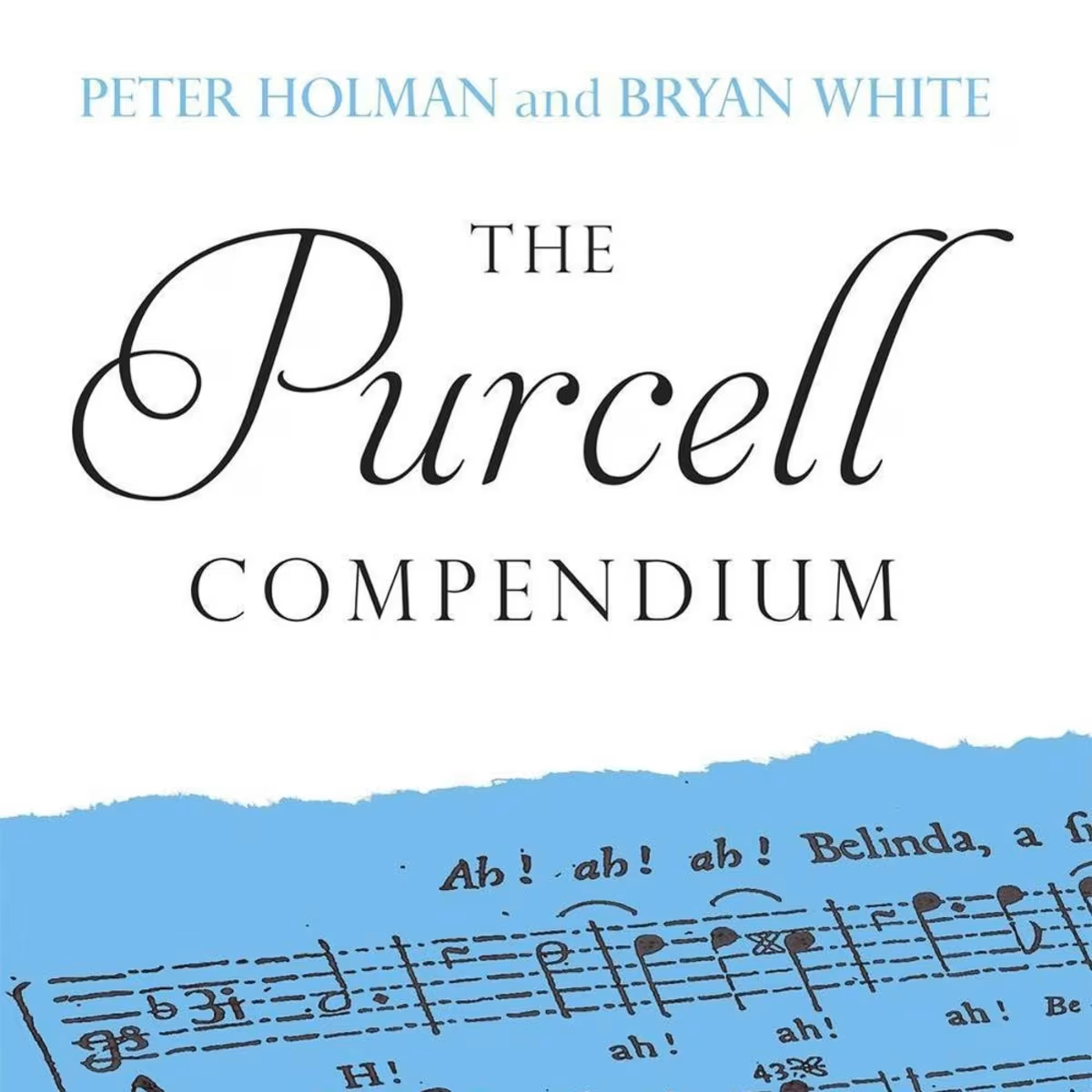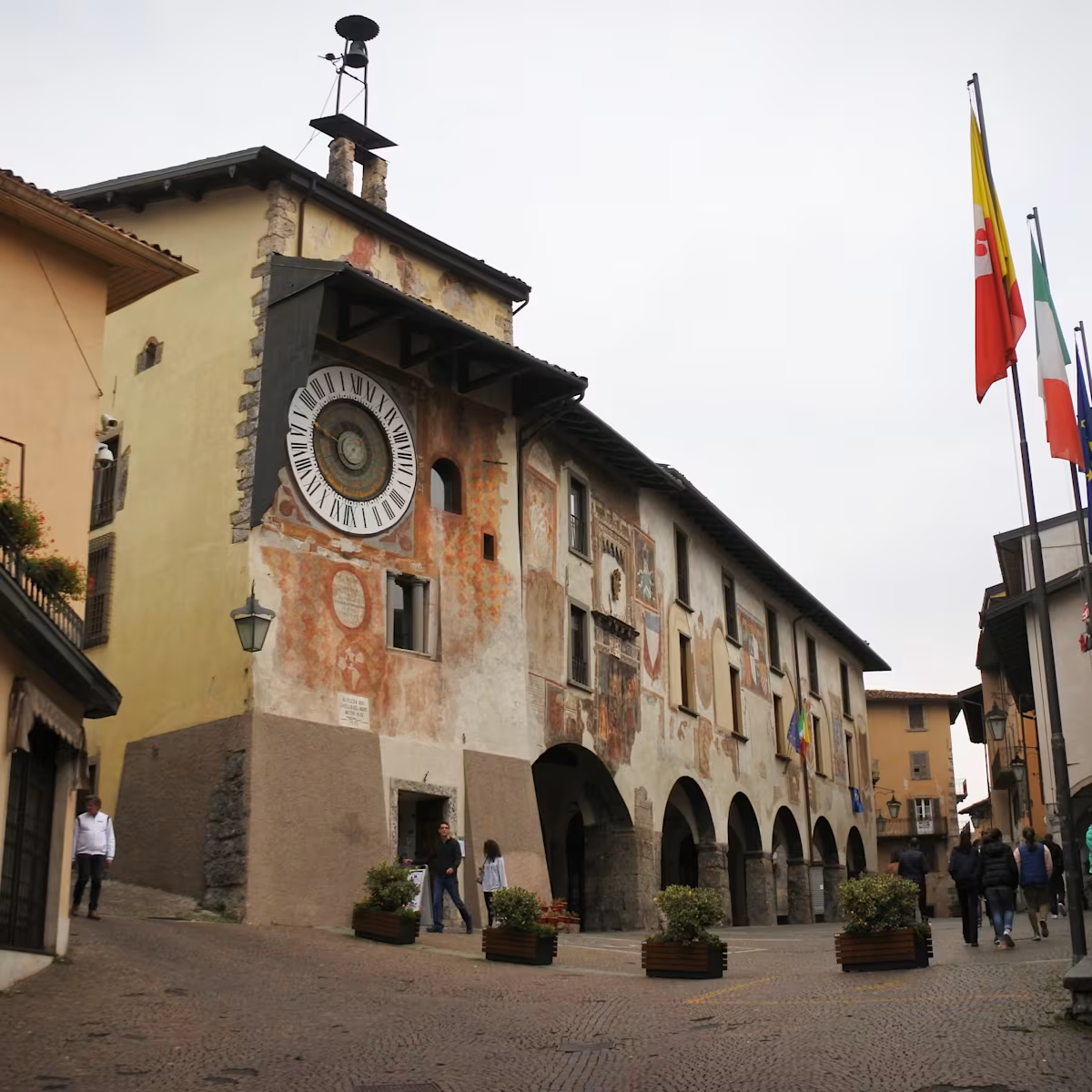Feature
I, Spie
a Concert Play by Clare Norburn
Share this

The imagined story of John Dowland, combining his life as a court musician and composer with the Elizabethan espionage underworld. A spell-binding ‘concert play’, where music and theatre collide.
The Telling is known for their innovative approach to bringing together music and theatre, and for taking early music around the UK to places which would otherwise rarely have access. In June 2024 the group will undertake a 13-location UK tour of I, Spie, a show which showcases Dowland’s music whilst telling a story of his brush with the Elizabethan secret service. Clare Norburn, singer, playwright, and artistic director of the Telling, describes the concept of the show as “essentially Spooks meets Blackadder, plus glorious music by Dowland and his contemporaries.” According to Clare:
“I, Spie centers around an extraordinary letter which Dowland wrote to spymaster Sir Robert Cecil in 1595. At the time, Dowland was traveling around Europe, having taken umbrage at not securing a court post as a lutenist when one fell vacant. Cecil had signed Dowland’s travel papers and probably told him to “keep his eyes and ears open”. So when, as a Catholic Englishman himself, Dowland was approached by English ex-patriates living in Florence and Rome who were plotting to overthrow Queen Elizabeth I, Dowland dished up the information on the plot and key players to Cecil.
I, Spie imagines the gaps in what we know about Dowland‘s life at that time – what led to the moment of his writing that letter - but also what happened in the aftermath.

Being a Catholic informant in Elizabethan England was a dangerous business – no one entirely trusted you, even if your information was helpful. The 1580s had seen a series of Catholic plots and the terrifying threat of the Spanish Armada – and with the Queen ageing without any clear succession, by 1595 there was a febrile sense of panic and suspicion. In that context, it is no wonder that Dowland’s letter reads like a man out of his depths. He sounds scared for his own life - and with good reason. Catholics who informed were not always fully trusted - many ended up on the gallows. But on the other hand, he does dish up the information and effectively foils the plot… Quite how involved in it all was he?
The Secret Service’s practice of recruiting students from Oxford and Cambridge goes back to this period. It was often seen as fashionable and exciting for students to dabble in Catholicism. So there was a ready supply of potential recruits who had already shown Catholic leanings and could easily be turned into informants.
The origins of the modern Secret Service were formed during Elizabeth I’s rule – under the direction of the inspirational Sir Francis Walsingham, who initially had to fund the service out of his own pocket. His death in 1590 caused a power vacuum and a fight for supremacy between Sir Robert Cecil and the Earl of Essex. So there was potential for double-dealing between followers of those two key players within the service itself.

What is not so certain is why Dowland took so long to write to Sir Robert Cecil. The proof he forwarded (a letter from Father John Scudamore) was dated 4 months before Dowland’s covering letter to Cecil. And Dowland wrote from Nuremberg, not Florence. Given this was a plot on the life of Elizabeth, that gap is a real question mark. We also don’t know what happened to Dowland after writing that letter. Did he return to England? Or did he stay in Germany? He was certainly in Hesse in late 1596 when he received a letter from Sir Henry Noel encouraging him to return – which almost certainly prompted his journey back home in early 1597. Noel’s letter can be interpreted in an interesting way if one assumes that Dowland had not yet returned to England. In that context, Noel’s reassurances could effectively suggest that he was persuading Dowland that he was SAFE to return – that the authorities were not suspicious of his absence and that 4-month gap….
What is fascinating is how contemporary the issues are about how far espionage should go in ensuring we are safe. I was also interested in what happens to a musician/composer who suddenly finds himself caught up in this world. How does informing sit with Dowland being an artist? All through the ages, musicians and writers have been caught up in espionage. The best known example of Dowland’s age is Christopher Marlowe; but there is also Dowland’s exact contemporary at Oxford, the composer Thomas Morley. And 50 to 60 years later, the playwright Aphra Behn, then the writer Daniel Defoe… What does it mean to be a writer/composer/performer and privately also a carrier of espionage secrets?
In Dowland’s case, hot on the heels of the period covered in the play came his first major publication: the First Booke of Songs in 1597. In 1598 he finally achieved his lifelong ambition of securing a court position: not in England but in Denmark, at the court of Christian IV, a position he held for 8 years. So, if my interpretation (a word used to great effect by Sir Robert Cecil in the play) of the facts and the gaps between them is correct, then perhaps his brush with espionage was a wake-up call – to publish, to get out there and to make things happen."
Above all, I’m passionate about finding stories like this which provide an opportunity to introduce and potentially spark a much wider interest in early music. - Clare Norburn
The drama is directed by Nicholas Renton (BAFTA-nominated for Mrs Gaskell’s Wives and Daughters, plus Musketeers, A Room With A View, Lewis, Silent Witness), lighting designer Natalie Rowland, star musicians Heloise Bernard (soprano), Lizzie Wilson (mezzo), Giles Lewin, Alison Kinder, Emily Baines, and James Bramley and actors Dominic Marsh (as Dowland), Niall Ashdown and Leila Mimmack.
I, Spie was supported by a grant from Continuo Foundation. Performances in the South East were also supported by Angel Early Music; performances in Wales by the Colwinston Charitable Trust; and performances in Scotland by The W M Mann Foundation.
Share this
Keep reading

Sisters of polyphony
Laurie Stras uncovers the stories behind the extraordinary Biffoli–Sostegni manuscript, and traces the lives of the nuns who sang from it.

The Purcell Compendium
A reference volume covering an extensive range of Purcell studies, including his life and works, his milieu and the reception of his music to the present.

Legrenzi: A forgotten genius full of surprises
In the town of his birth, the Musica Mirabilis ‘Giovanni Legrenzi’ Festival revives the legacy of a composer who links Renaissance polyphony with Baroque drama.



